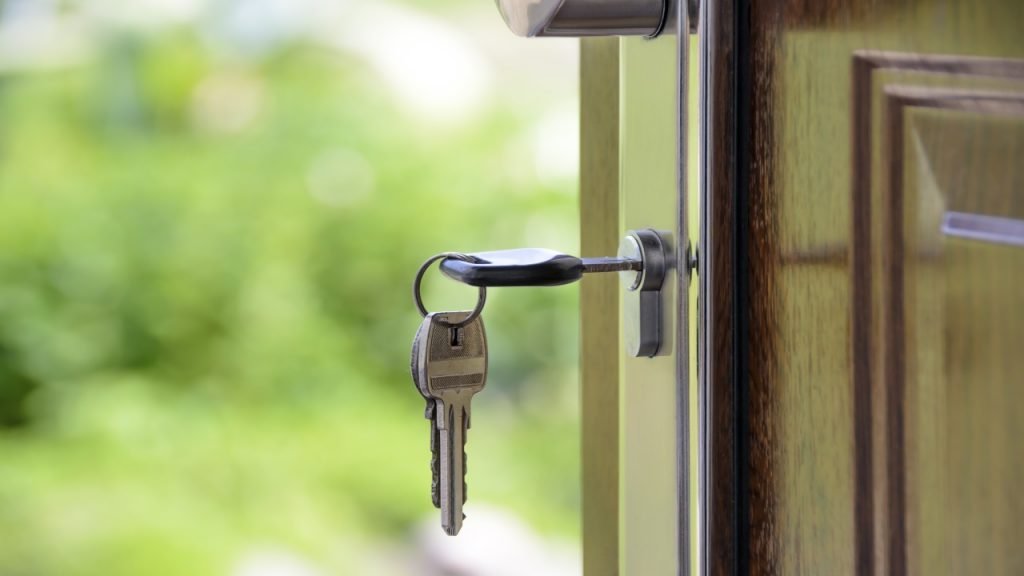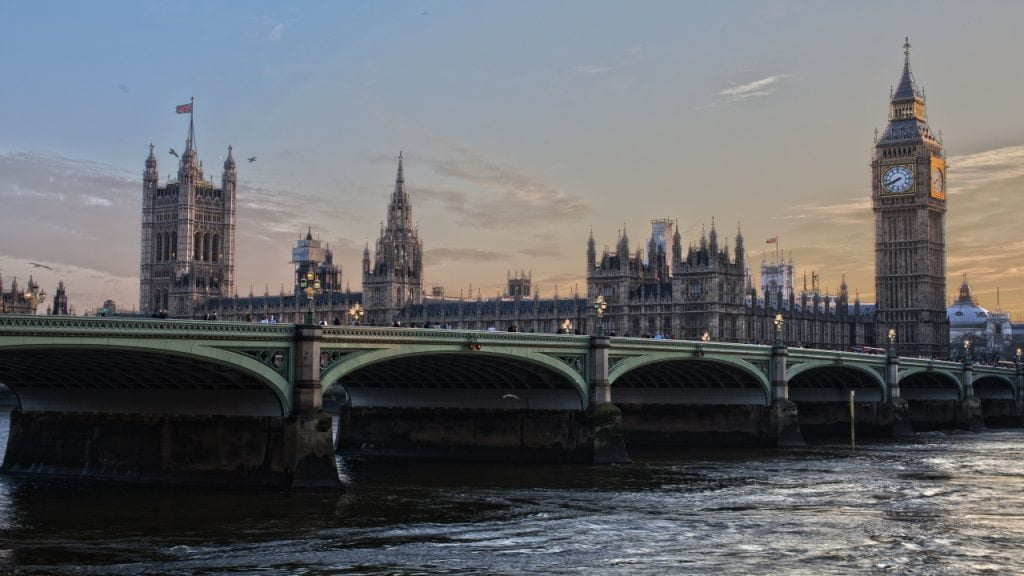
What measures are required to help to modernise the planning system and keep it moving during the current lock down of development sites due to Coronavirus (Covid-19)?

The UK Government has issued new guidance for all parties involved with the home moving process in light of restrictions that have been imposed owing to the current Coronavirus outbreak.

Companies House has announced new measures to help ease pressure on businesses during the Coronavirus outbreak.

The Government has announced it will be introducing a three month moratorium on landlords of commercial property taking action against their tenants for failure to pay rent.

Should construction sites be closed? This question is challenging employers, contractors and sub-contractors up and down the country.

The Cabinet Office has published a Procurement Policy Note (PPN) regarding the relief and support that should be given to suppliers under public contracts where contract performance is affected by COVID-19.

CBILS is a new scheme, announced by The Chancellor in the recent Budget, that can provide facilities of up to £5m for smaller businesses.

Some employers, at this time, may consider it necessary to intervene and issue an instruction to suspend or postpone the work on site.

At this time we understand that many of our clients may have serious concerns regarding contracting parties seeking to avoid contractual obligations.

Much has happened in a week, and we now focus on updating and addressing other insurance issues relating to Covid-19 that are potentially of interest.










